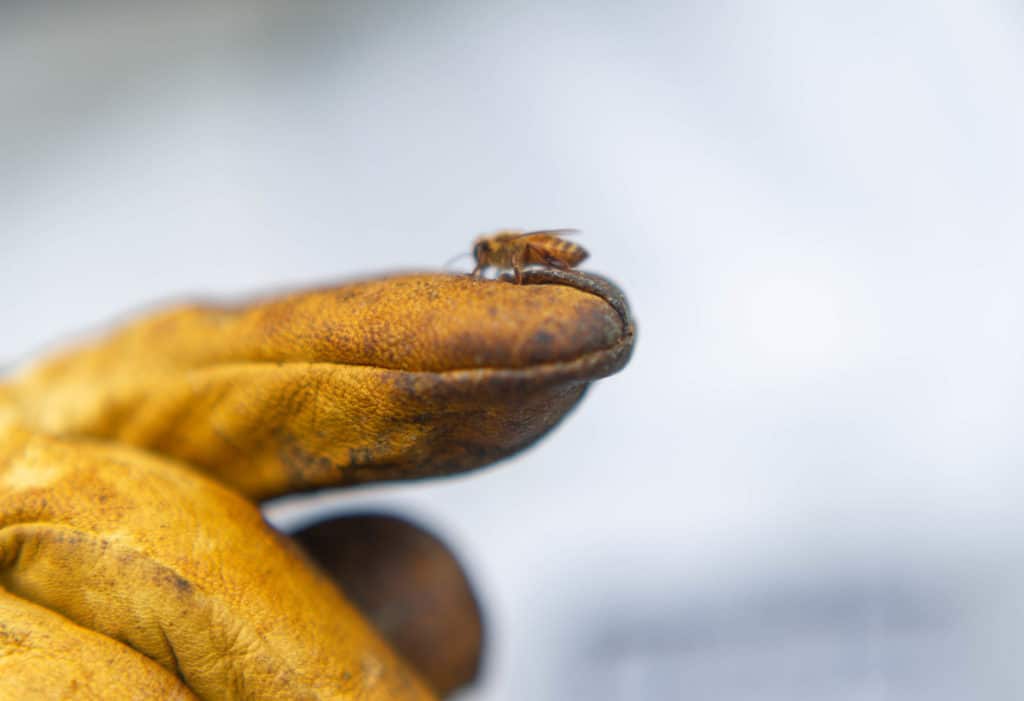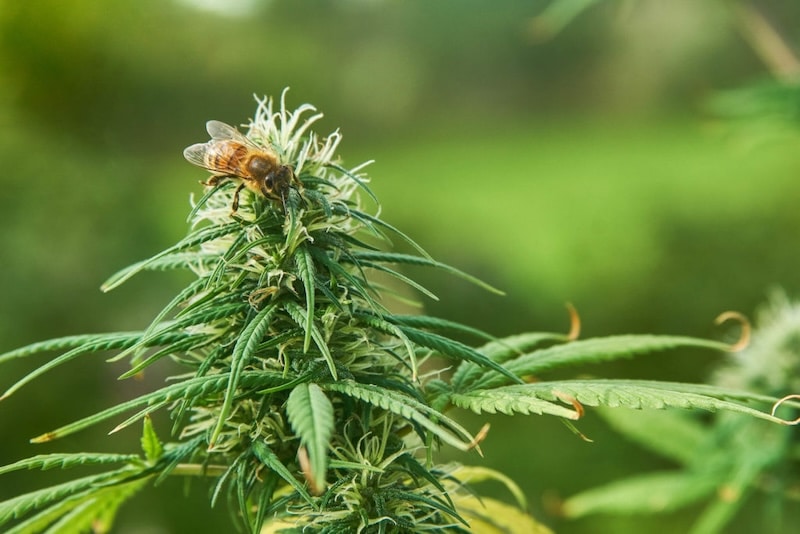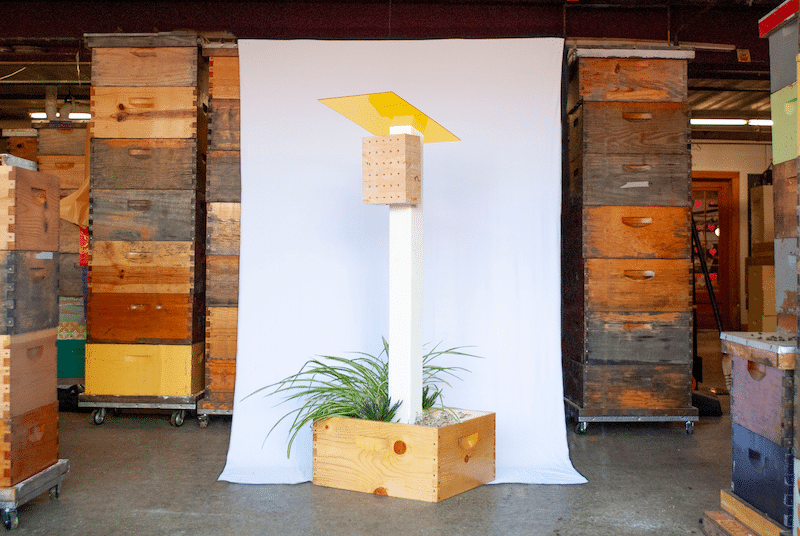Start Saving Bees Today
Today is National Honeybee Day—a day when we should all stop and think about what we owe these amazing creatures. Bees not only produce 150 million pounds of raw honey in the U.S. each year, they’re essential to maintaining a healthy environment, and critical to our food supply. More than 75% of food crops consumed in America are pollinated by bees.
While National Honeybee Day is a time to celebrate their contribution, it’s also a time to consider how vulnerable our bees are: every year, more than 40% of bee hives in this country are lost to colony collapse disorder. What’s killing our bees? There are many factors at play, but our research tells us that the three big culprits are pathogens, pesticides and loss of habitat. Beekeepers can treat hives to reduce the impact of pathogens like varroa mites, but eliminating pesticide use, promoting sustainable, eco-friendly agriculture and preserving wild habitat will require us all to step up and take action.
Without a groundswell of citizen support, things will only get worse. If you haven’t started already, make today—National Honeybee Day—the day you start taking action.
Here’s what you can do to save our honeybees:
- Greenpeace has made it simple to tell your representatives to oppose any attempts to weaken the Endangered Species Act and protect our pollinators by taking action here. Legislators need to hear that voters—people like us who elect them—are opposed to the use of these poisons. Right now, they’re getting an earful from chemical industry giants who are pleading their own case.
“In the past four years, the chemical industry has spent $11.2 million on a PR initiative to say it’s not their fault, so we know whose fault it is.” Jon Cooksey, writer director, How to Boil a Frog.
- Encourage your town or city to preserve as much wild habitat as possible. You can do this by speaking out at Planning Board meetings, writing to your local elected officials and supporting local environmental protection organizations in your area.
- Purchase only food that has been grown sustainably. Sustainable agriculture of all forms helps bees—crops that are raised organically are pesticide and herbicide free; free-range and pasture raised animals live in environments that are rich in wild flowers—an important sources of pollen and nectar for bees.
- Make your own home a bee-friendly environment. If you have a yard, put in flowering trees, shrubs and plants that will provide pollen and nectar from early spring to fall. If you live in an apartment, put flowering plants on your balcony or in window boxes. Renowned BBC program Gardener’s World has some great advice.
- There’s a fifth action you can take, and it’s the easiest. Share this post on social media. When we all spread the word, we’ll see a real groundswell—millions more will take action, and working together, we can save the bees.






